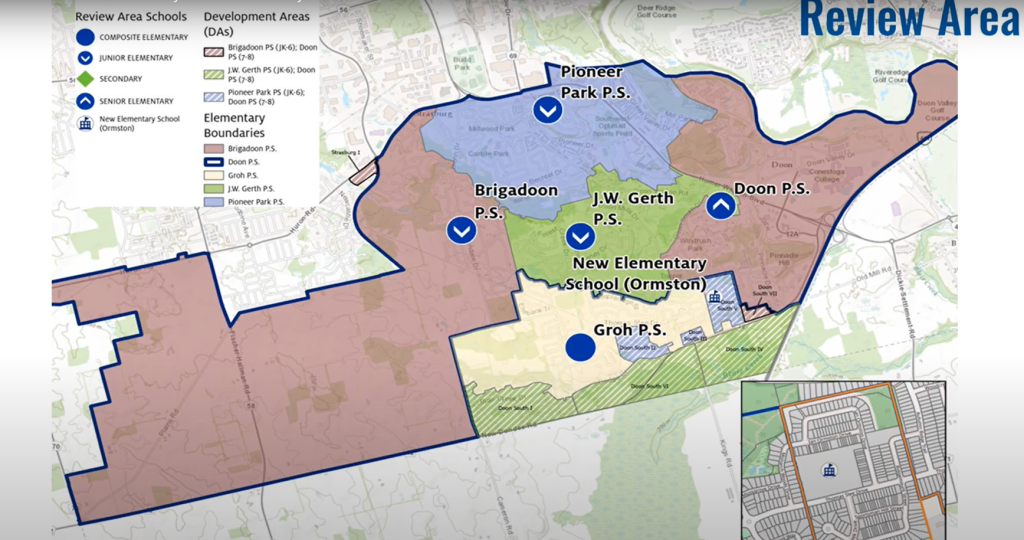Student uses CERB to build gardens for neighbours
Posted Apr 27, 2020 03:15:00 PM.
Tony D’Amato Stortz says his goal was to do something good for his neighbours. “Personally, I love gardens in the summer and raised beds can make it so much easier and more attainable,” he said. “I also think that, through this crisis any gift of time, or skills, or resources is needed more than ever.”
In a KW CareMongering Facebook post he offered to build personal gardens for his neighbours, free of charge. He says he’s been overwhelmed by the response. “The post was liked, shared, and commented on more than I ever imagined. My inbox was blowing up with requests and I have received some incredibly kind messages from both friends and strangers.”
D’Amato Stortz came up with the idea when he received the Canada Emergency Response Benefit (CERB). He says having more time and money than he’s used to inspired him to pay it forward. He was looking for a way to alleviate food driven anxiety, during the pandemic. This project would allow him to stay physically distant while filling his days with philanthropy – something he is no stranger to.
The recent graduate from the University of Guelph's Lang School of Business has been involved in human rights work, combatting antisemitism and white supremacy online and supporting Ontario farmers through Foodland Ontario. Closer to home, he says, he has pushed for opioid harm reduction and community healthcare, through projects at The Working Centre.
“Also, since the Facebook post went up, I have started working part-time at the House of Friendship. Through them, I am working to support people who are homeless during the pandemic.”
In an effort to keep this project sustainable, he has limited it to his Kitchener neighbourhood. He says this helped to really cut down on the number of legitimate requests.
The cost to build the gardens is around $50, not including his time. To date, there are 10 projects that have come out of that Facebook post. He says he has declined payment so far. “They can pay for the materials if they are able, which allows me to do more gardens before my financial resources run out, but I don't want to be paid for my time.” The full process of making each garden takes about five-six hours.
All that he asks in return is that they help out in some way. “Whether that is giving away some of what they grow to friends, neighbours or those in need, donating money to a good cause, or even using their unique skills to help someone else in the same way,” this is all the payment he needs.
“I went to high school at KCI where they had goats and gardens despite being surrounded by concrete.” He credits his parents for normalizing volunteering, to the point where it was never a question of if, but where? “It’s just what you do,” he says.
He plans to keep building gardens until his resources run out or the season ends, whichever is first. Residents looking to help keep this project going can offer to pay for someone else's garden box. The best way to reach out to him is through his Facebook page.
“You could also donate to a worthy cause, locally, or use your skills to help out your community and send me a message to let me know about it. A message like that would make my day,” says D’Amato Stortz.
“These are uncharted waters for all of us, but I believe kindness is never wasted.”










